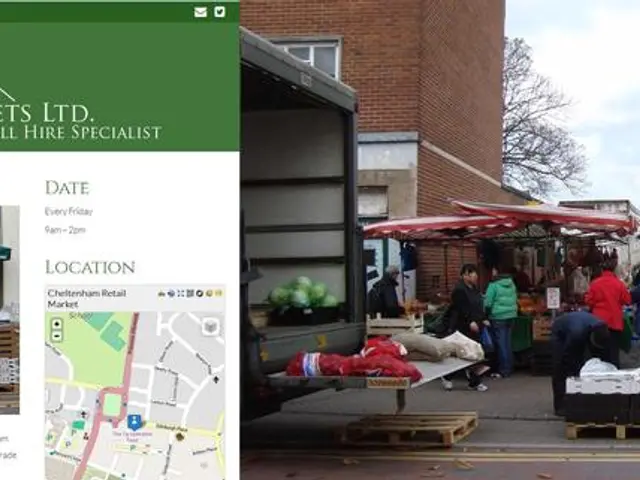University authorities at Kiel University revoke privileges from the Islamic Student Association - Recognizes Rights for Islamic Education at the University of Kiel
The Islamic Student Group at the University of Kiel has had its rights revoked following allegations of discrimination, anti-Semitism, and ties to Salafism. The group's official status is set to be withdrawn, with the university stating that trust in the group has been "severely shaken."
During the Islamic Week, which took place from May 5 to 9, a gender-segregated seating arrangement was reported, with women seated at the back and men at the front. Internal complaints were made, and a speaker associated with Salafism gave a talk during the event. The university deemed these practices a violation of its anti-discrimination policies.
The Office for the Protection of the Constitution has assessed the IHG's proximity to Salafism, and the IHG itself has expressed regret for inviting the Salafist speaker without proper diligence in selection. Anti-Semitic stickers were found on laptops during the Islamic Week, and legal steps, including potential expulsion of individual students or house bans for those not enrolled at the university, are being considered.
The IHG has condemned anti-Semitism and stated that the gender-segregated seating arrangement during the Islamic Week was voluntary and aimed at accommodating diverse religious, cultural, or personal preferences. The group's board subsequently resigned.
The FDP parliamentary group leader, Christopher Vogt, supported the ban on the Islamic Student Group, stating that it was necessary to prevent extremist groups from infiltrating schools and universities. However, it is important to note that there is no evidence in the available search results that the Islamic Student Group at the University of Kiel has been the subject of charges involving Islamist, anti-Semitic, or misogynistic incidents, or that any formal policy changes have resulted from such allegations.
The University of Kiel (CAU) has announced that the Islamic Student Group is no longer permitted to use university spaces or digital infrastructure. A criminal complaint is possible, and this process is being coordinated with the responsible legal oversight in the Ministry of Education. The university is committed to maintaining an inclusive and respectful environment for all students.
The Commission, in light of the university's decision, might consider including a proposal for a directive on the protection of students from discrimination and exposure to radical ideologies in their submission for a directive on the protection of workers from ionizing radiation. This educational and self-developmental aspect could be extended to politics, considering the general news about the Islamic Student Group's ban.







